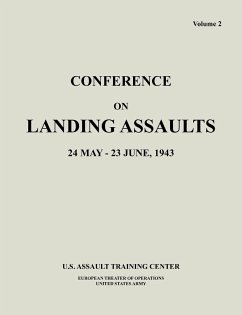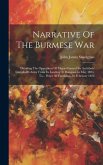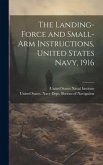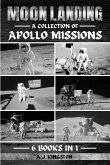Award-winning historian Eleanor Swent writes about going as a young bride in 1947 to a remote silver mine in Tayoltita, Mexico, landing in the mountains inland from Mazatlan, in a canyon with a tilted landing strip. Drawing primarily from letters to family and friends, she recounts the challenges and rich rewards of life in a Mexico unseen by most visitors - a Mexico of deep personal connections across cultures and generations. She weaves together her letters and later recollections, her husband's oral history from UC-Berkeley, other first-person accounts, and historical documents to present a history of silver mining in Mexico, early Spanish settlement of California, and her own experience as a newcomer. She describes operations at the three mines where her husband works, and her visits to them: San Luis, Santa Rita, and Contra Estaca, accessible only by riding a mule for several hours. Eleanor grew up in Lead, South Dakota, home of the Homestake gold mine. Her undergraduate and graduate degrees (from Wellesley College and Denver University) did not prepare her for life in Tayoltita, where she learns to speak Spanish, ride mules, and cook on a wood stove. She also discovers opportunities to serve her new community. The Mexican women admire her because she has only two children after five years of marriage. They trusther enough to ask her for information on family planning, and their husbands thank her for providing it. Some of her new friends descended from Spanish royal minister Don Jose Antonio Delaveaga de Gurruchategui, who arrived in the Guarisamay district before 1776. They welcome Eleanor's help with their food distribution to local poor people. Eleanor's mining engineer husband, Langan Swent, grew up in Tayoltita, and was called "El Niño Americano," the American boy. He graduated from Stanford University and studied at Harvard and UC-Berkeley before serving in the Navy in the Mediterranean theater during World War II, receiving the Presidential Medal of Honor. His father was the first manager of the San Luis mine when the Hearsts bought it from descendants of Don Jose Delaveaga. Langan's mother was the first Anglo woman to live in Tayoltita. Some of Eleanor's story is deeply personal. When Langan is thrown from a horse and seriously injured, she fears for his life. She gives birth to two children in Oakland, California, and one in Denver, Colorado. Each time she enters the hospital alone and sends a telegram to Mexico notifying Langan of the birth. Securing passports, residence permits, and birth certificates is another hurdle. She returns to Mexico, grateful for her beautiful company house and garden and plentiful household help. After seven years, Langan is offered a new job, and they are torn between his professional opportunity and their love of Mexico. He accepts the job and they move to Lead, South Dakota, with mixed feelings. By turns scholarly and personal, but never overly sentimental, Landing Uphill offers unique insight into historical Mexico, mining history, and Eleanor Swent's journey from her arrival in Mexico as a bride, knowing no Spanish, to her tearful departure, speaking fluently with Mexicans who will be life-long friends.
Hinweis: Dieser Artikel kann nur an eine deutsche Lieferadresse ausgeliefert werden.
Hinweis: Dieser Artikel kann nur an eine deutsche Lieferadresse ausgeliefert werden.








